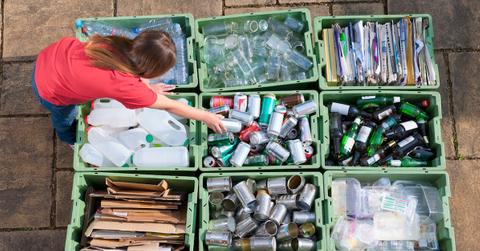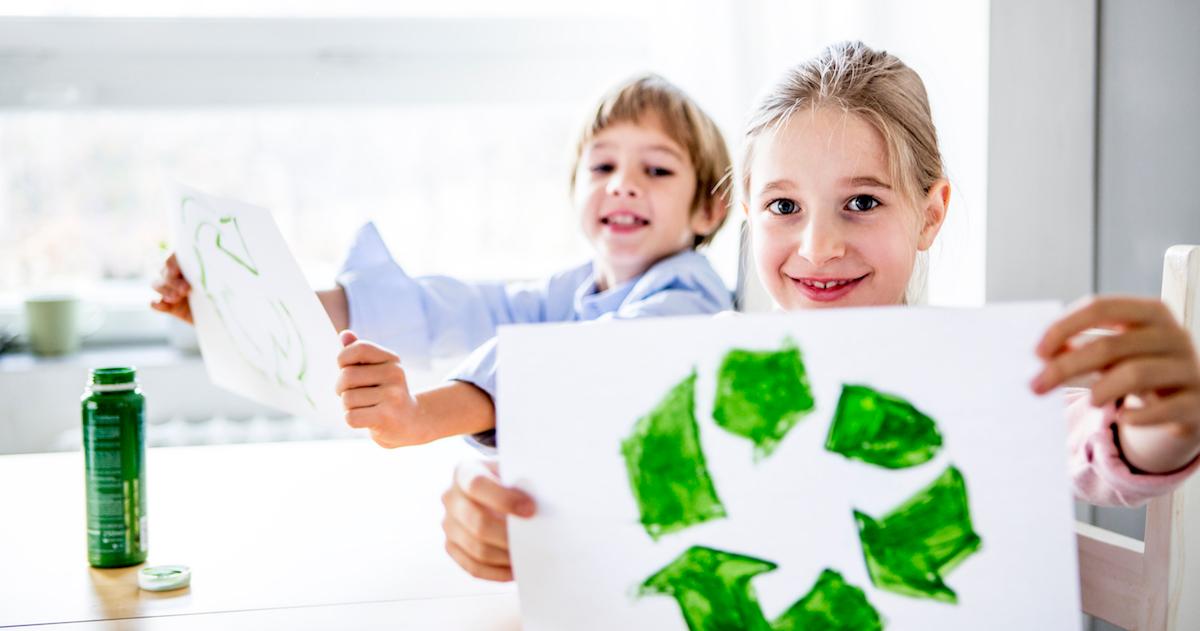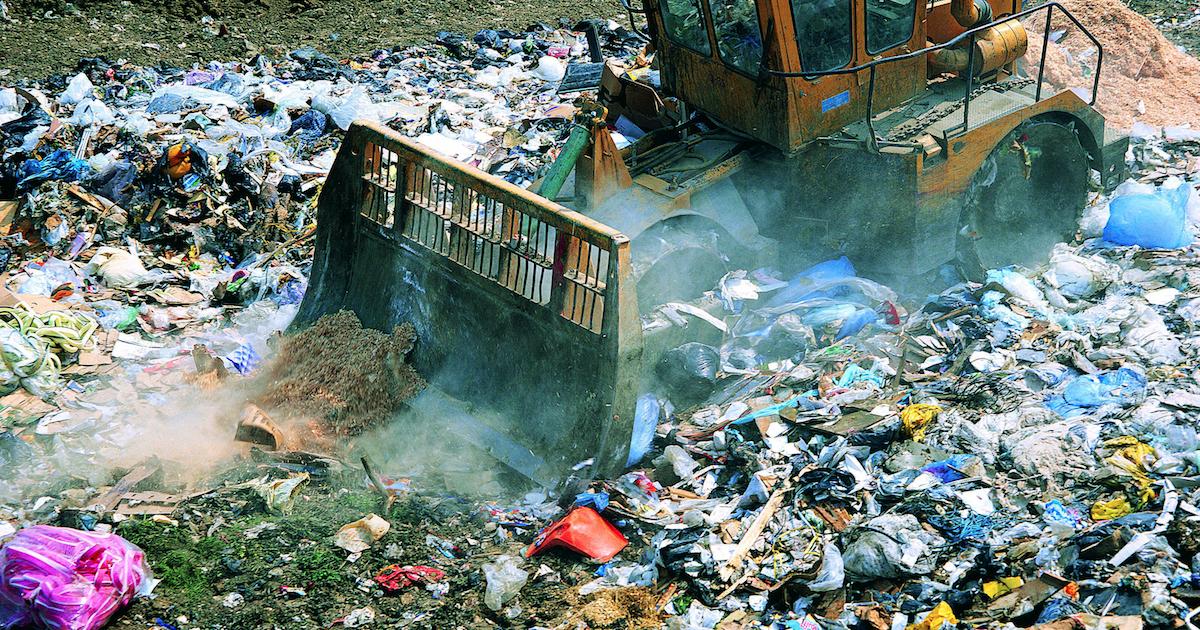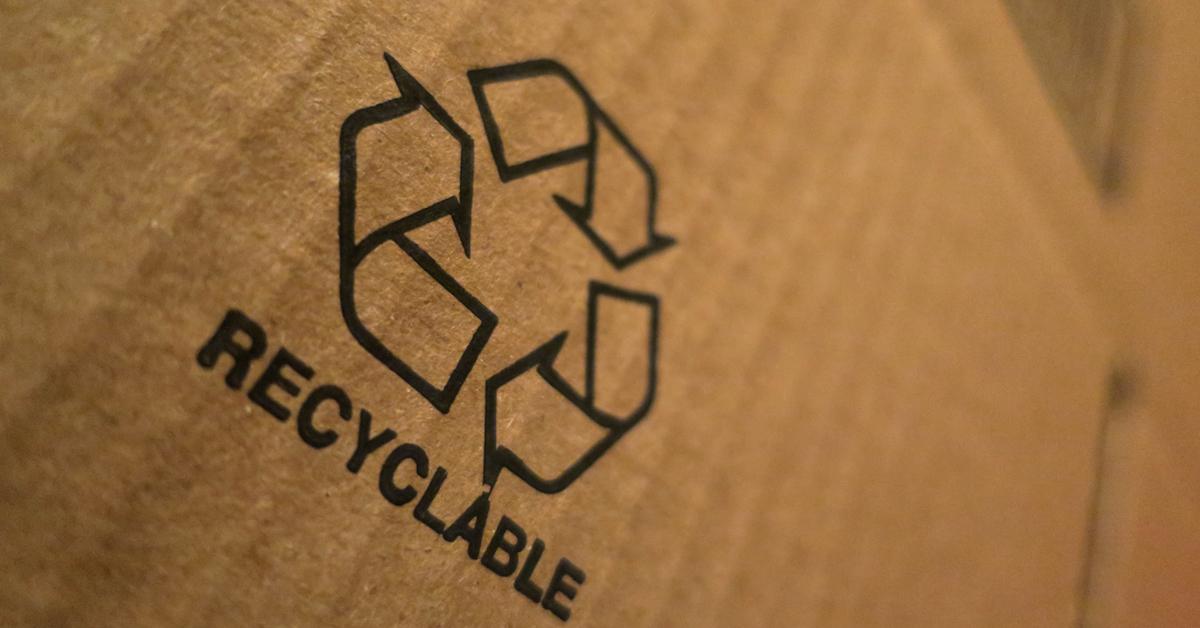Recycling Is Supposed to Change the Planet — Here's Where Our System Is Ineffective
Updated Jan. 7 2021, 4:58 p.m. ET

Despite the increasingly aggressive efforts of millions of people worldwide, pollution remains a persistent problem for our planet. Pollution clogs the oceans, it poisons the ground, air, and waterways, and it spells death for countless plants, animals, and humans. And although the simple and effective act of recycling can slightly minimize the mass amounts of toxic waste that accumulates worldwide, it isn't always 100 percent effective.
How does recycling prevent pollution? Keep reading for more regarding how recycling can help keep the planet clean, along with the U.S.' problem with recycling system.

What contributes to pollution?
There are many factors that create pollution. Air pollution is predominantly caused by the burning of fossil fuels such as coal, gasoline, and oil from transportation and industrial practices. Oftentimes it's an invisible climate change culprit, but they can sometimes appear as massive clouds of smog over major cities such as Beijing and Los Angeles.
Agriculture is also a leading contributor to pollution. Pesticides, chemicals, fertilizers required for farming are polluting the soil and plant life while killing off beneficial insects, natural species, and microorganisms. Deforestation required for agricultural practices also leads to massive amounts of air pollution. Additionally, animals being raised as livestock emit high amounts of methane and other pollutants into the air.
Litter, however, is a different kind of pollutant — massive amounts of trash are dumped into the Pacific Ocean every year, clogging up local rivers, and blowing through the streets. Litter and plastic pollution is one of the easiest types of pollution to see, and although it happens to be one of the easiest sources of pollution to eliminate, doing so would signify major lifestyle changes for many people, as well as a change in our recycling system.

Does recycling prevent pollution? It's complicated.
Many of us are taught from a young age that seeing the recycling symbol on a garbage can means it’s recyclable, but many are too lazy to pay attention to that one simple rule. So, how do we expect people to recycle with enough care to stave off pollution? Many Americans aren't completely convinced that human activity even causes climate change (it does), and therefore, encouraging some people to organize their trash for the sake of the planet is nearly impossible.
Meanwhile, our nation's recycling system is faulty, and not everything you toss in that blue bin actually gets recycled. Ideally, recycling cans, bottles, computers, fabrics, should mean those materials won't end up in a landfill, though that isn't always the case. According to the Earth Institute at Columbia University, any recyclables that are "contaminated" or not completely clean get tossed in landfills. Meanwhile, many plastic items that should be recyclable, such as straws, cannot even be recycled.
And although recycled plastics and other materials should simply get reused, factories are still keen on making their products with new materials, as opposed to using recycled ones. Many manufacturers, according to Vice, don't want to bother reusing materials for cost and appearance reasons. Therefore, a change in our views on recycling as humans and in the realm of capitalism — as well as our recycling system — must change to make recycling totally effective.

How does plastic waste affect the planet?
Plastics aren't biodegradable, and instead of “returning” to the earth in the form of minerals or base chemical components, plastics break apart into billions of microplastics, spreading across the ocean. These particles are tiny, and can easily be ingested by marine mammals. Microplastics have even been found in the human placenta.
Plastics pollute our food sources, soil, and water. According to The Washington Post, microplastic particles in our bodies can also accumulate polychlorinated biphenyls (PCBs), which are other chemicals linked to harmful health effects. These effects include certain types of cancers, a weakened immune system, and can even cause reproductive issues.

Why can't we ban all plastics?
The reality is, humanity cannot simply eschew plastics entirely, but that doesn't mean that individuals can’t change their behavior. One easy thing people can do is use less plastic, and follow proper recycling rules. These actions will result in less environmental impact and increased personal sustainability.
For recycling to work completely, our behavior and systems must change. But, until then, it's a solid practice for now.
Additional reporting by Lizzy Rosenberg.